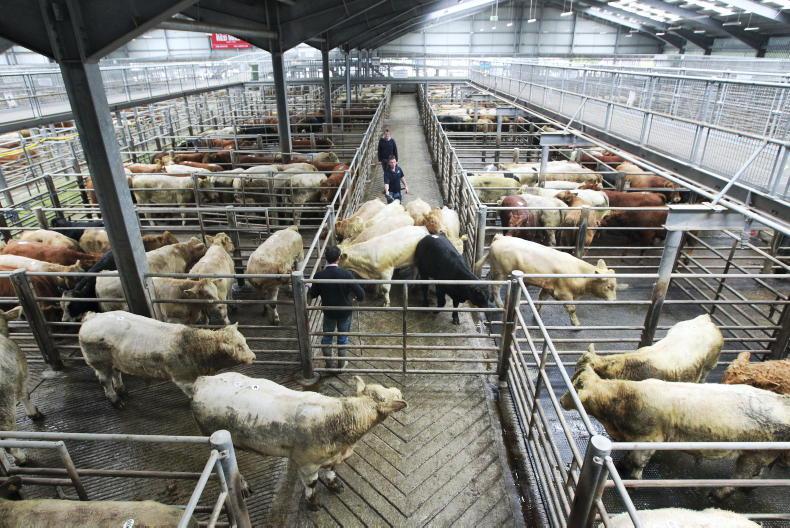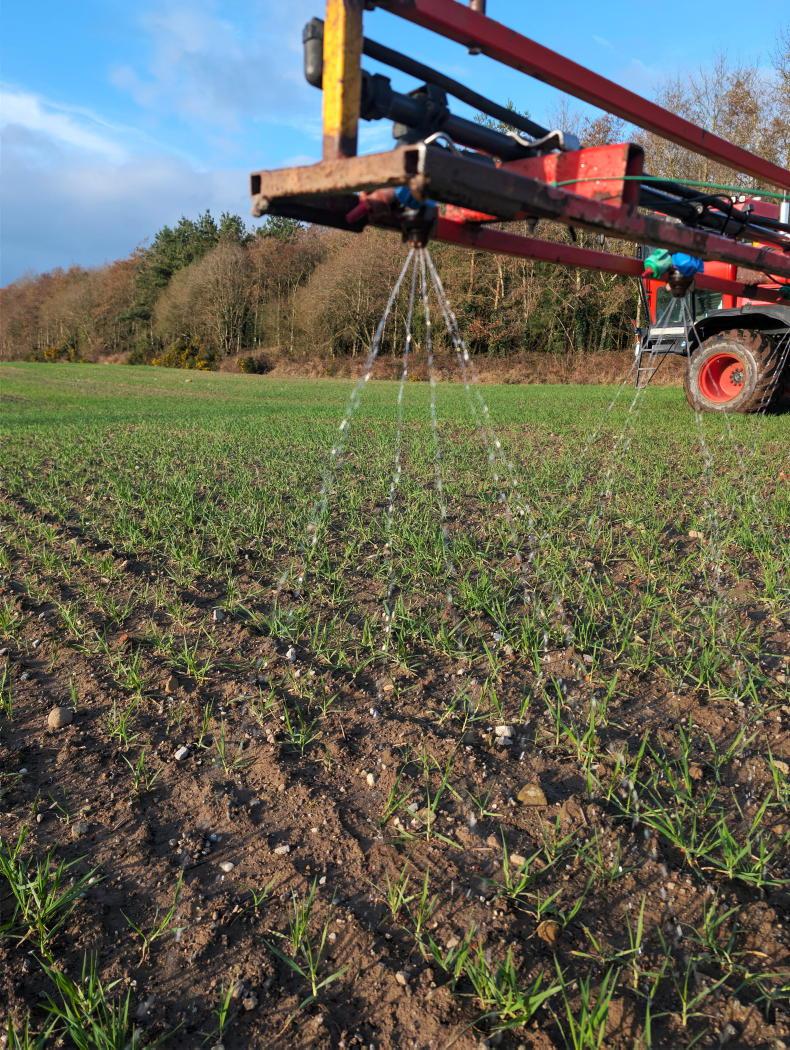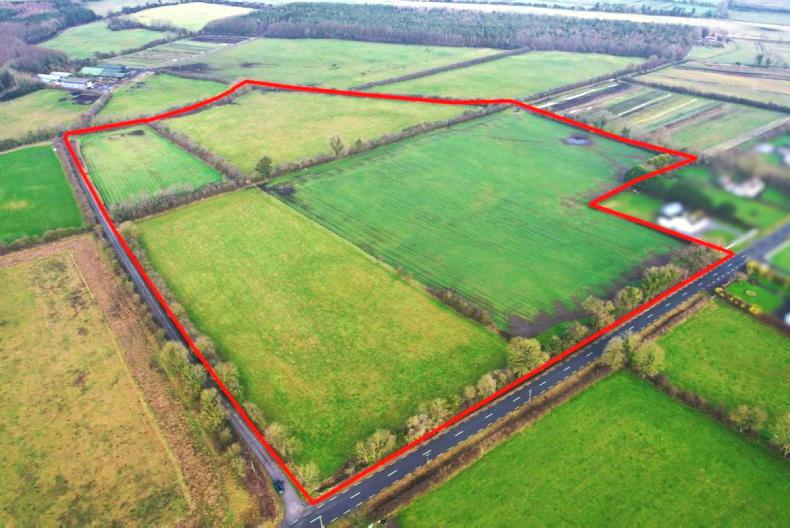The European Commission has unveiled its organics action plan, which aims to increase the area of agricultural land in the EU under organic farming to 25% by 2030.
At present, approximately 8.5% of EU land is farmed organically, while it is around 2% in Ireland.
The Commission has structured the plan around three main areas - boosting consumption, increasing production and further improving the sustainability of the sector.
It is encouraging member states to develop a national organic action plan to increase their national share of organic farming.
Consumption
The plan acknowledges that to tempt farmers to convert to organic farming it will be crucial to grow consumption.
Among the actions proposed are informing consumers about organic production, promoting the consumption of organic products, stimulating a greater use of organics in public canteens through public procurement and increasing the distribution of organic products under the EU school scheme.
On its present trajectory, the area of EU land under organic production is set to hit 18% at most by 2030.
The Commission believes the new action plan will provide the tools necessary for the extra push to meet its 25% target.
CAP
It states that the CAP will remain the key tool for supporting farmers' conversion to organics.
Around 1.8% (€7.5bn) of the CAP budget is used to support organic farming.
The Commission will also encourage the development of organic tourism networks through ‘biodistricts'
In the next CAP, eco schemes are set to have a budget of between €38bn and 58bn.
The Commission wants these schemes to be used to boost organic farming.
The Commission will also encourage the development of organic tourism networks through ‘biodistricts'.
These 'biodistricts' will be areas where farmers, citizens, tourist operators and public authorities work together on the management of local resources based on organic practices.
The final leg of the plan to improve sustainability will focus on animal welfare, ensuring the availability of organic seeds, reducing the sector's carbon footprint and minimising the use of water and energy.
Read more
Will the organic food production target end up like the forestry target, a mess?
Is converting to organic systems worthwhile?
The European Commission has unveiled its organics action plan, which aims to increase the area of agricultural land in the EU under organic farming to 25% by 2030.
At present, approximately 8.5% of EU land is farmed organically, while it is around 2% in Ireland.
The Commission has structured the plan around three main areas - boosting consumption, increasing production and further improving the sustainability of the sector.
It is encouraging member states to develop a national organic action plan to increase their national share of organic farming.
Consumption
The plan acknowledges that to tempt farmers to convert to organic farming it will be crucial to grow consumption.
Among the actions proposed are informing consumers about organic production, promoting the consumption of organic products, stimulating a greater use of organics in public canteens through public procurement and increasing the distribution of organic products under the EU school scheme.
On its present trajectory, the area of EU land under organic production is set to hit 18% at most by 2030.
The Commission believes the new action plan will provide the tools necessary for the extra push to meet its 25% target.
CAP
It states that the CAP will remain the key tool for supporting farmers' conversion to organics.
Around 1.8% (€7.5bn) of the CAP budget is used to support organic farming.
The Commission will also encourage the development of organic tourism networks through ‘biodistricts'
In the next CAP, eco schemes are set to have a budget of between €38bn and 58bn.
The Commission wants these schemes to be used to boost organic farming.
The Commission will also encourage the development of organic tourism networks through ‘biodistricts'.
These 'biodistricts' will be areas where farmers, citizens, tourist operators and public authorities work together on the management of local resources based on organic practices.
The final leg of the plan to improve sustainability will focus on animal welfare, ensuring the availability of organic seeds, reducing the sector's carbon footprint and minimising the use of water and energy.
Read more
Will the organic food production target end up like the forestry target, a mess?
Is converting to organic systems worthwhile?









SHARING OPTIONS